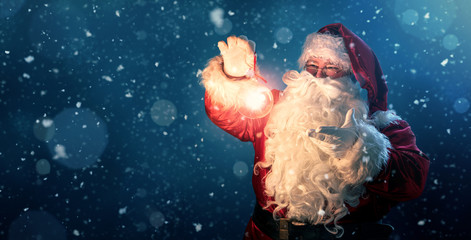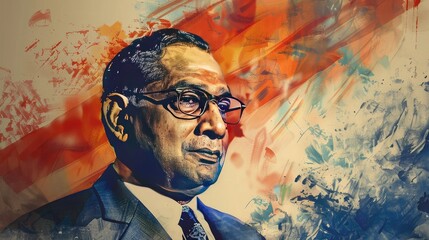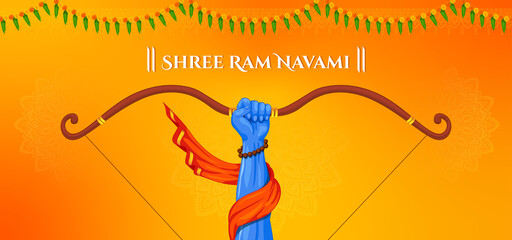
Introduction
Christmas, often hailed as the most wonderful time of the year, is a festival celebrated with immense joy and fervor across the globe. It is a time for family, friends, and festivities, marked by traditions that bring warmth and happiness. Let’s unwrap the magic of Christmas and explore its rich history, significance, and traditions.
The Origin of Christmas
- Historical Background: Christmas commemorates the birth of Jesus Christ, believed to have been born on December 25th. The exact origins of the date are uncertain, but it has been celebrated since the early 4th century.
- Religious Significance: For Christians, Christmas is a deeply religious event celebrating the arrival of the Messiah. It is a time for spiritual reflection, attending church services, and embracing the teachings of Christ.
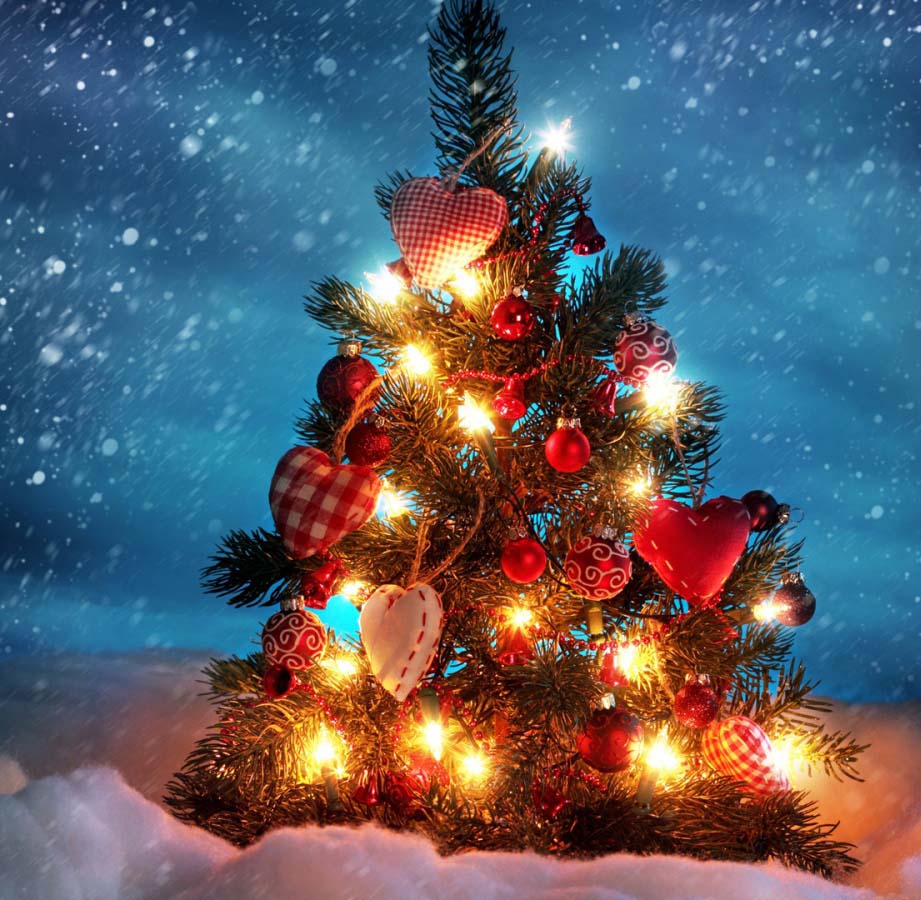
Significance of Christmas
- Cultural Impact: Christmas transcends religious boundaries and has become a cultural phenomenon. It is celebrated by people of various faiths and cultures, symbolizing universal themes of love, generosity, and joy.
- Social Importance: The festival fosters social harmony and brings people together. It is a time to reconnect with loved ones, strengthen community bonds, and spread happiness.
Christmas Preparations
- Decorating Homes: One of the most exciting aspects of Christmas is decorating homes with lights, ornaments, and wreaths. The centerpiece is often a beautifully adorned Christmas tree.
- Preparing Festive Meals: Families come together to prepare lavish meals, featuring traditional dishes like roast turkey, stuffing, and Christmas pudding.
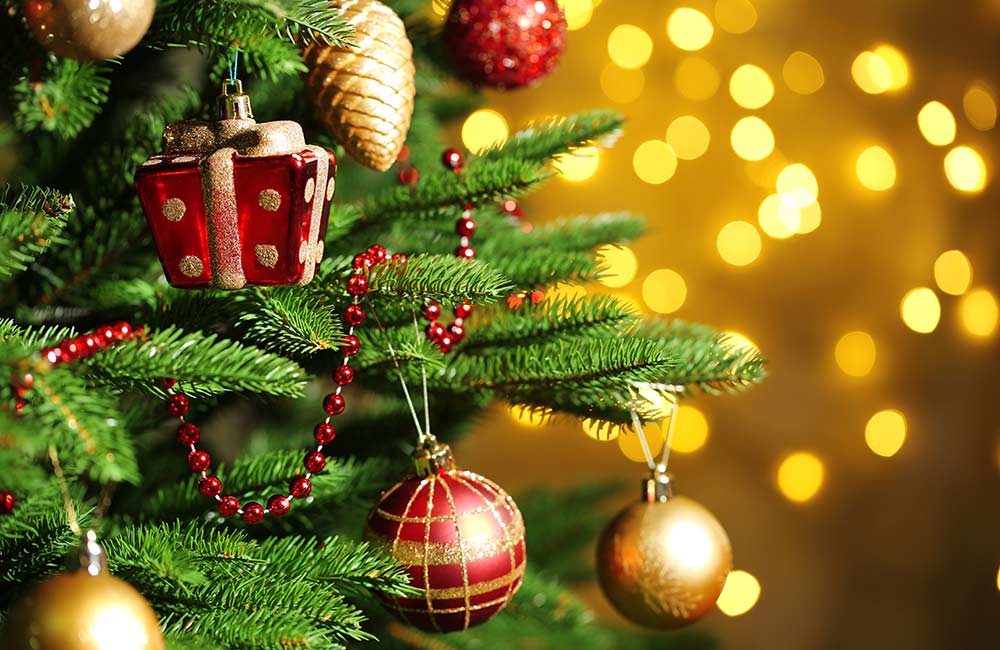
Christmas Eve Traditions
- Midnight Mass: Attending Midnight Mass is a cherished tradition for many. It marks the beginning of Christmas Day and includes carol singing, prayers, and a reenactment of the Nativity scene.
- Family Gatherings: Christmas Eve is often spent with family, sharing stories, playing games, and enjoying festive treats.
Christmas Day Celebrations
- Opening Gifts: The excitement of opening gifts on Christmas morning is unparalleled. Children eagerly await Santa’s presents, while adults exchange thoughtful gifts.
- Festive Feasts: Christmas Day is marked by grand feasts, where families gather to enjoy a meal together, creating lasting memories.
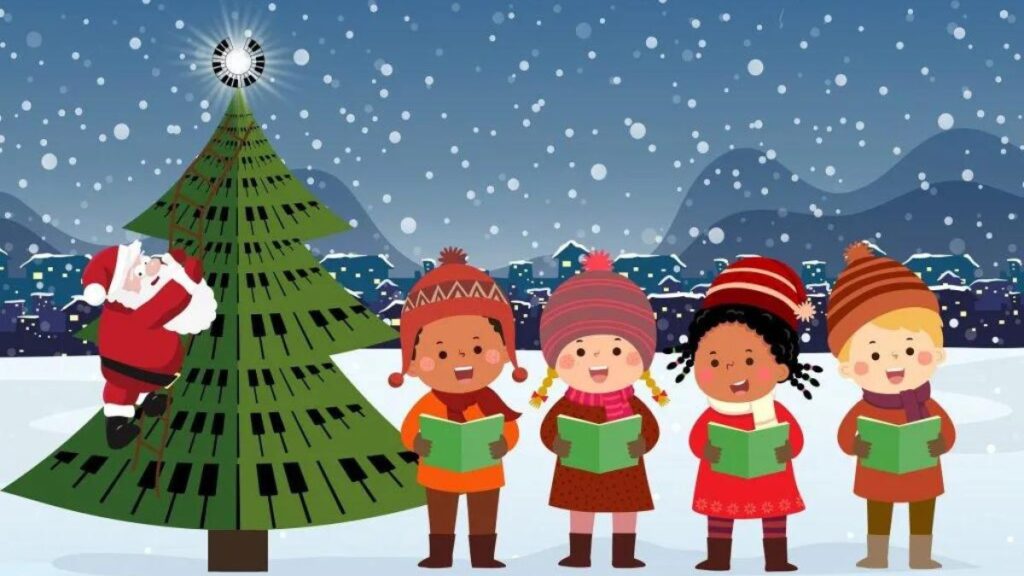
Christmas Traditions Around the World
- North America: In the USA and Canada, Christmas is celebrated with parades, light displays, and community events. The famous Rockefeller Center Christmas Tree in New York City is a must-see.
- Europe: In Europe, Christmas markets, known as Christkindlmarkts, are popular. Countries like Germany, France, and the UK are known for their elaborate celebrations and unique traditions.
- Asia: In countries like Japan and India, Christmas is celebrated with a blend of local customs and Western traditions, featuring festive lights, decorations, and special meals.
- Africa: In African nations, Christmas is celebrated with church services, feasts, and community gatherings. It is a time for family and friends to come together and celebrate.
The Symbolism of Christmas Decorations
- Christmas Tree: The Christmas tree, often an evergreen fir, symbolizes eternal life. Decorating the tree with lights, ornaments, and tinsel is a beloved tradition.
- Ornaments and Lights: Ornaments and lights add a magical touch to the festive season. Each decoration holds sentimental value and represents the spirit of Christmas.
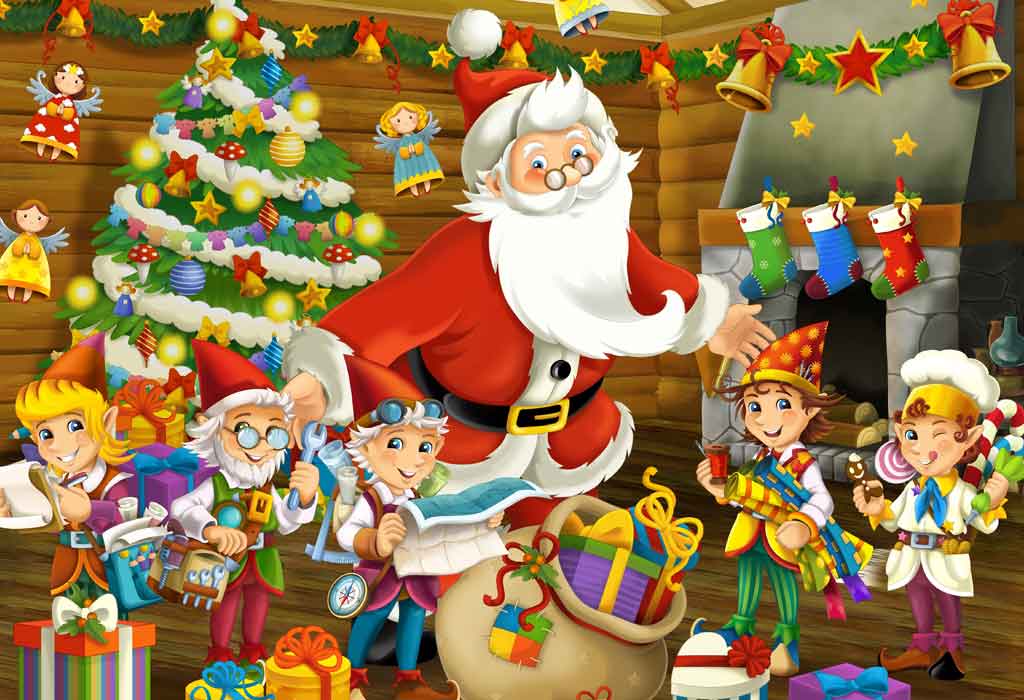
The Role of Santa Claus
- The Legend of Santa: Santa Claus, also known as Saint Nicholas, Father Christmas, or Kris Kringle, is a legendary figure who brings gifts to well-behaved children on Christmas Eve.
- Modern Interpretations: Santa Claus has become a universal symbol of Christmas, embodying the spirit of giving and joy. His image is synonymous with the holiday season.
Christmas Music and Carols
- Traditional Carols: Christmas carols like “Silent Night,” “O Holy Night,” and “Joy to the World” are timeless classics that evoke the essence of the holiday.
- Modern Holiday Songs: Contemporary songs like Mariah Carey’s “All I Want for Christmas Is You” and Wham!’s “Last Christmas” have become holiday staples.

The Spirit of Giving
- Charitable Acts: Christmas is a time for generosity and compassion. Many people engage in charitable activities, donating to those in need and volunteering at shelters.
- Gift Exchanges: Exchanging gifts is a way to show appreciation and love. It reinforces the bonds of friendship and family, spreading joy and happiness.
Christmas and Community Bonding
- Local Events: Community events such as tree lighting ceremonies, holiday parades, and Christmas fairs bring people together, fostering a sense of unity.
- Volunteering Opportunities: Volunteering during Christmas, whether at a local food bank or a charity event, is a rewarding way to give back to the community.
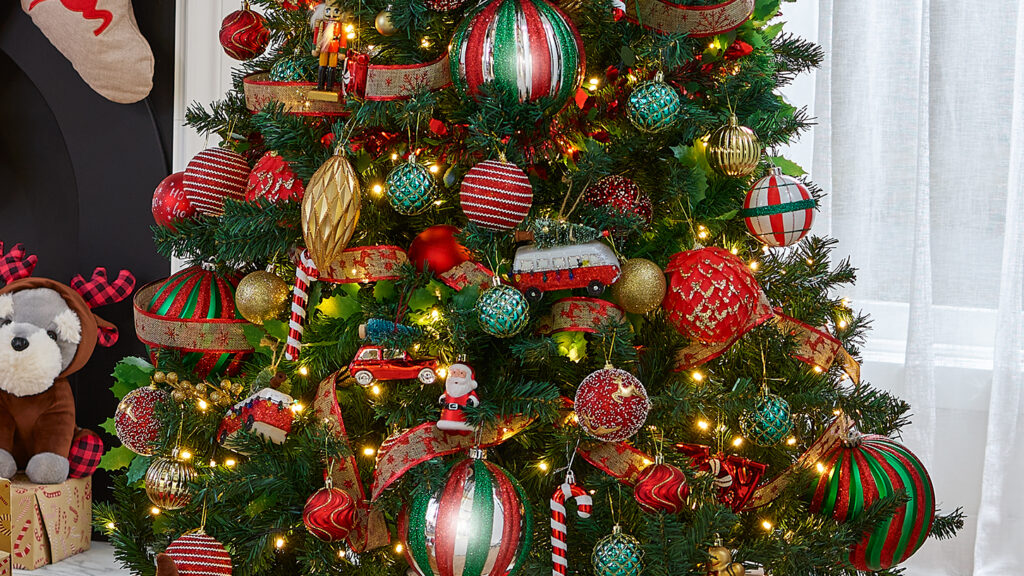
The Economic Impact of Christmas
- Retail Boom: The holiday season is a peak time for retail businesses. Stores offer sales and promotions, and shoppers flock to buy gifts, decorations, and festive supplies.
- Tourism: Christmas attracts tourists to various destinations known for their festive celebrations, boosting the local economy.
The Environmental Impact of Christmas
- Sustainable Practices: As awareness about environmental issues grows, many are adopting sustainable practices such as using reusable decorations, buying eco-friendly gifts, and reducing waste.
- Reducing Waste: Efforts to minimize waste during Christmas include recycling wrapping paper, using LED lights, and choosing sustainable Christmas trees.

The Message of Christmas
- Peace and Goodwill: Christmas promotes messages of peace, goodwill, and kindness. It encourages people to reflect on their actions and strive for a better world.
- Hope and Joy: The holiday season is a time of hope and joy. It brings a sense of optimism and encourages people to cherish the simple pleasures of life.
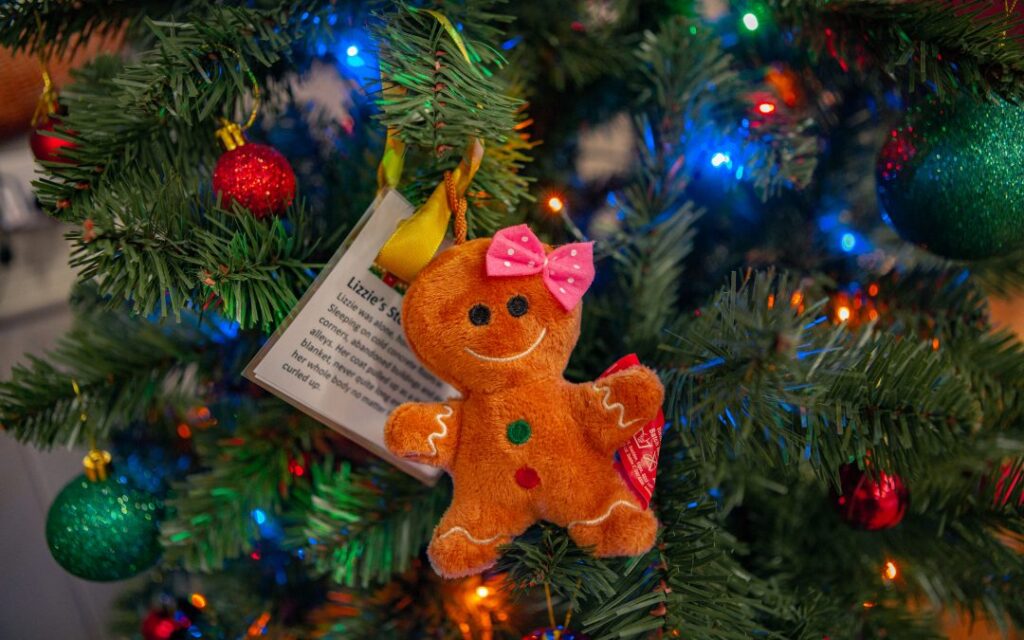



Conclusion
Christmas is more than just a holiday; it is a season of joy, love, and togetherness. It reminds us of the importance of family, community, and compassion. As we celebrate this magical time, let us embrace the true spirit of Christmas and spread happiness to all.

FAQs (Frequently Asked Questions)
- When is Christmas celebrated? Christmas is celebrated on December 25th every year.
- What is the significance of the Christmas tree? The Christmas tree symbolizes eternal life and is a central part of Christmas decorations.
- Who is Santa Claus? Santa Claus, also known as Saint Nicholas or Father Christmas, is a legendary figure who brings gifts to children on Christmas Eve.
- What are some traditional Christmas foods? Traditional Christmas foods include roast turkey, stuffing, mince pies, and Christmas pudding.
- How can I celebrate Christmas sustainably? You can celebrate Christmas sustainably by using eco-friendly decorations, reducing waste, and choosing sustainable gifts.

